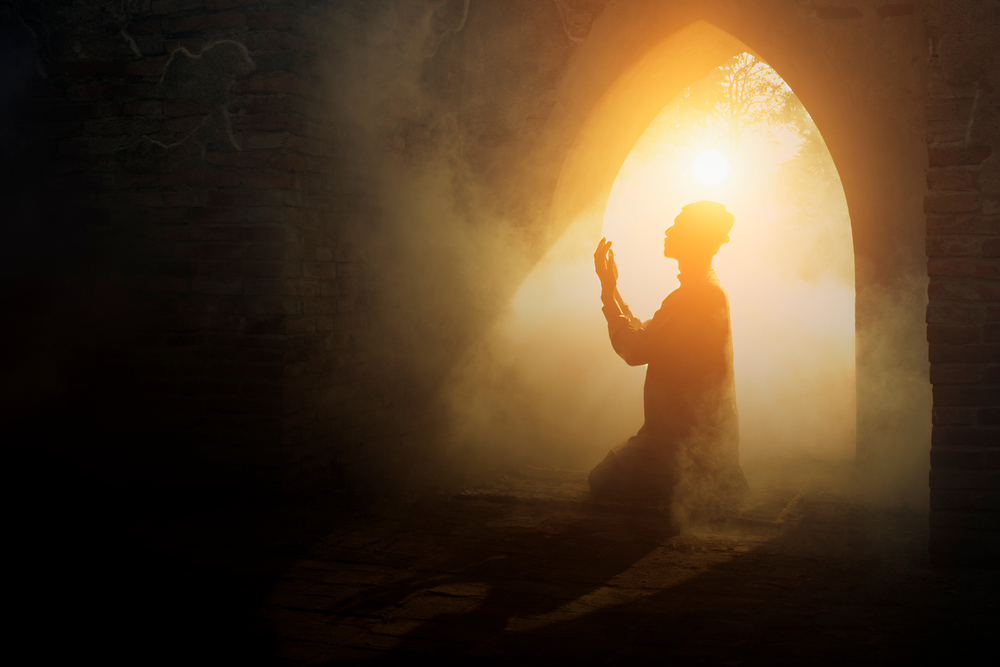Is It Blameworthy to Do Good Deeds but Not for Allah’s Sake?
Answered by Shaykh Yusuf Weltch
Question
Is it blameworthy to do good deeds, such as loving one’s family and connecting with them, but not for Allah’s sake?
Answer
In the Name of Allah, the Most Merciful and Compassionate
Brief Answer
Good deeds can either be acts that are customarily known as good deeds or acts that Allah Most High has established as acts of worship to be done solely for His sake.
Things that are known as customary goods, if done out of the kindness of one’s heart or due to some emotion they feel, this is indicative of a good state in the heart, but it falls short of the higher meanings of sincerity for the sake of Allah Most High.
As for the good deeds that are established acts of worship in themselves, doing them for other than Allah’s sake is indeed extremely blameworthy. Examples of this type are formal prayer (salat), fasting (sawm), giving charity, etc…
Sincerely For Allah’s Sake
Allah Most High says, “(…) even though they were only commanded to worship Allah (alone) with sincere devotion to Him in all uprightness, establish prayer, and pay alms-tax. That is the upright Way.” [Quran, 98:5]
In order for one’s devotional acts to be accepted by Allah Most High, the actions must be purely for His sake.
The Messenger of Allah (may Allah bless him and give him peace) said, “Indeed, Allah is pure and only accepts that which is pure.” [Muslim]
For something to be purely for His sake, the initial drive to do that action must be from its onset to draw near to Allah Most High or the like. [Ghazali, al-Arba‘in fi Usul al-Din]
If the initial drive for the action was to please Allah Most High, however, during the action certain secondary intentions come and alter the purity of one’s intention – to the extent that their action is no longer purely for Allah’s sake will be the diminishment of one’s reward. [Ibid.]
Hope this helps
Allah knows best
[Shaykh] Yusuf Weltch
Checked and Approved by Shaykh Faraz Rabbani
Shaykh Yusuf Weltch teaches Arabic, Islamic law, and spirituality. After accepting Islam in 2008, he completed four years at the Darul Uloom seminary in New York, where he studied Arabic and the traditional sciences.
He then traveled to Tarim, Yemen, where he studied for three years in Dar al-Mustafa under some of the most outstanding scholars of our time, including Habib Umar Bin Hafiz, Habib Kadhim al-Saqqaf, and Shaykh Umar al-Khatib.
In Tarim, Shaykh Yusuf completed the memorization of the Quran and studied beliefs, legal methodology, hadith methodology, Quranic exegesis, Islamic history, and several texts on spirituality. He joined the SeekersGuidance faculty in the summer of 2019.
